If we can share our story with someone who responds with empathy and understanding, shame can't survive
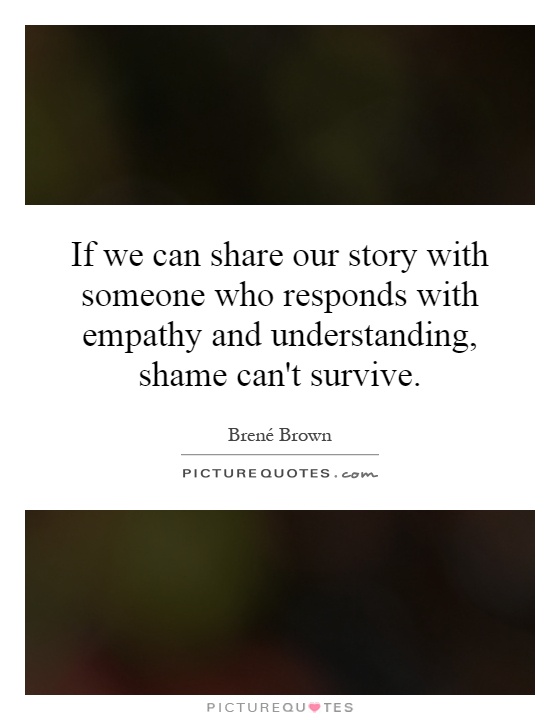
If we can share our story with someone who responds with empathy and understanding, shame can't survive
Brene Brown, a renowned researcher and author, has dedicated much of her work to studying vulnerability, shame, and empathy. In her book "Daring Greatly," Brown explores the idea that shame thrives in secrecy, silence, and judgment, but when we share our stories with someone who responds with empathy and understanding, shame cannot survive.Brown's research has shown that shame is a universal human experience, and it is something that we all struggle with at some point in our lives. Shame is the belief that we are fundamentally flawed, unworthy of love and belonging. It is a powerful emotion that can lead to feelings of isolation, disconnection, and self-loathing.
However, Brown argues that shame loses its power when we are able to share our stories with others who respond with empathy and understanding. When we are met with compassion and validation, we are able to see that we are not alone in our struggles, and that our experiences are valid and worthy of acknowledgment.
Empathy is the antidote to shame, according to Brown. When we are able to connect with others on a deep emotional level, we are able to break through the barriers of shame and isolation. Empathy allows us to feel seen, heard, and understood, and it helps us to cultivate a sense of belonging and connection.
In her research, Brown has found that shame thrives in environments where vulnerability is not embraced, and where perfectionism and judgment are the norm. However, when we are able to cultivate a culture of empathy and understanding, shame cannot survive. By sharing our stories with others who respond with compassion and validation, we are able to break free from the grip of shame and embrace our authentic selves.
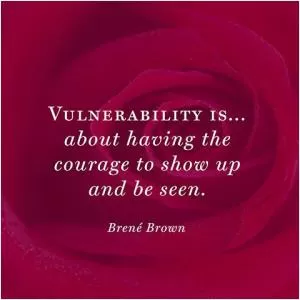


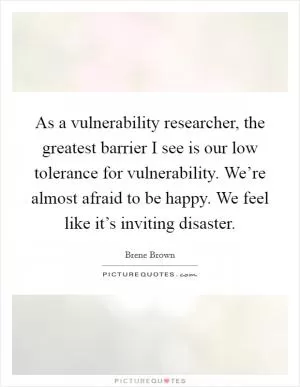
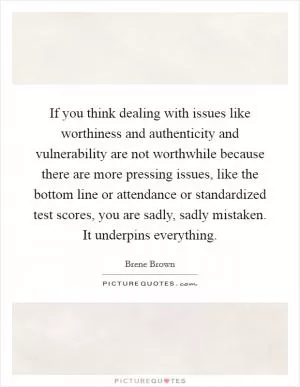
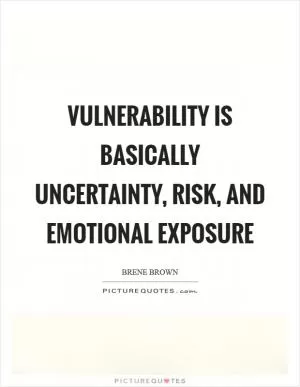
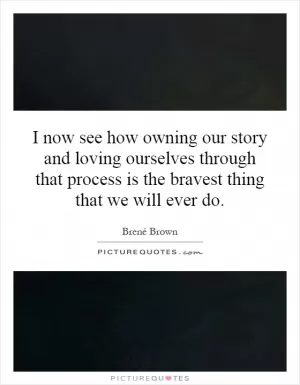
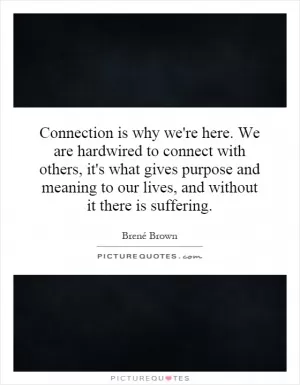
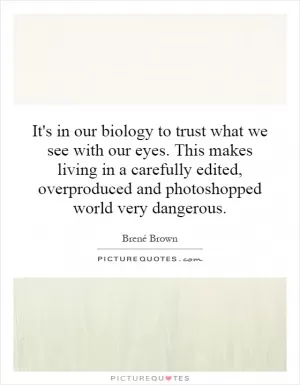

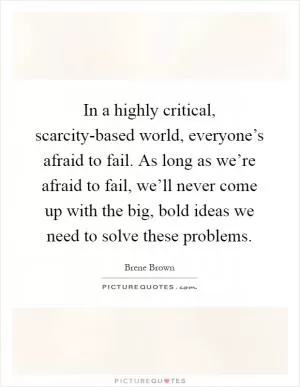

 Friendship Quotes
Friendship Quotes Love Quotes
Love Quotes Life Quotes
Life Quotes Funny Quotes
Funny Quotes Motivational Quotes
Motivational Quotes Inspirational Quotes
Inspirational Quotes